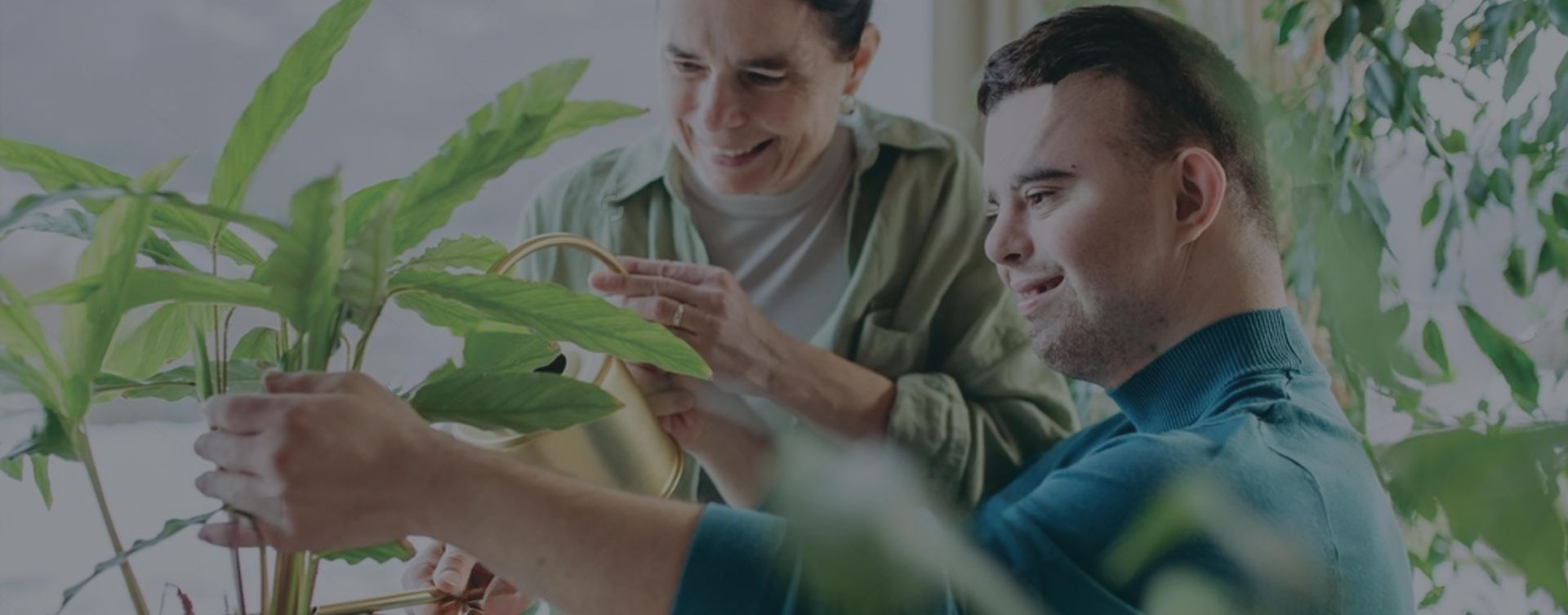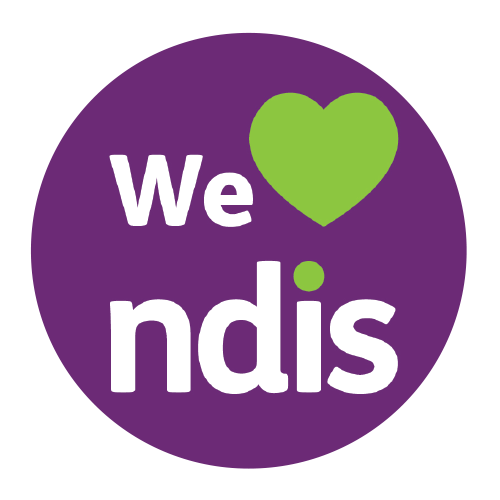Blood Donor Awareness Day
Thank-You Blood Donors! Celebrating 20 years of Giving!
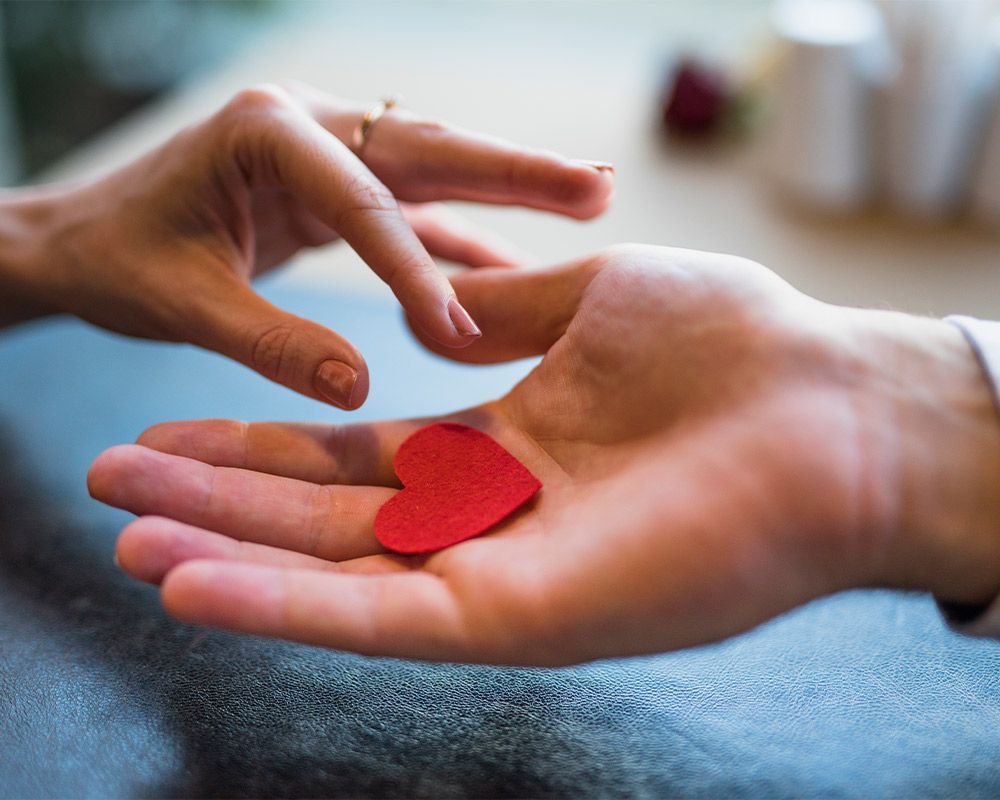
This year the World Health Organisation is taking time to Thank Blood Donors around the world for the life-saving gift of donating blood. This is the 20-year anniversary of the Blood Donor Campaign, aiming to bring awareness to the vital need for
blood donors worldwide.
Why is Blood Donation so Important?
With climate change, communicable diseases, natural diseases and high levels of accidents and emergencies- blood is scarce is many countries around the world, leading to fatalities where lives could have been saved. Blood donation is needed for many reasons and these are just a few of the reasons why vulnerable people need Heroes like you to donate blood regularly.
BLOOD SAVES LIVES!
Did you know:
- Blood Type is determined by your parents, whether it is A, B. O or AB. The most compatible blood type is 0 Negative (which is the universal Blood Type with 39% of the world population with this blood type) Some blood types are not compatible with other blood types, which is why a diverse number of blood donors are needed. Click here to see your compatibility!
- Pregnant Women who have complications during their pregnancy or during birth need blood to ensure the safety of mothers and babies.
- Children who are born with severe anaemia, bleeding disorders, injuries, kidney failure and cancer need regular blood transfusions.
- By donating blood, you are not only helping others, with critical shortages, chances are that your own blood donation will be the one that saves your life!
- Blood donation and plasma donation are critical for Cancer Patients and patients with other severe blood disorders – one of the cancer treatments that is critical in assisting in increasing survival rates, is through blood transfusions that provide red blood cells, platelets, and plasma.
- Your blood donation can save up to 3 lives!
- Blood shortages are rife in low and middle- income countries – as the WHO states:
The need for Blood is Universal, The Access to Blood is not!
Donating Blood
Dependent on your location, there will be multinational blood donor organisations that you can get in touch with, and they have regular blood drives, where you can go and donate blood in your area.
The Donation Process:
Pre- Donation
- You will be required by the relevant organisation to fill out a Donor form that will request specific information for you. There are certain criteria dependent on locations for donating blood and they will inform you of the regulations that are in place.
- There may be a 1 on 1 interview with a nurse who will go through all the information with you to ensure that it is all correct.
- Your Blood Pressure and Haemoglobin Levels will be checked.
During the Donation:
- You will be sat in a comfortable chair for the process and all your details will be confirmed.
- A small cuff will be put on your arm to maintain a small amount of pressure
- A small needle will be inserted, which will collect your blood in a bag with a unique code on it.
- A small scale will weigh the blood and will stop at 450ml – this takes approximately 5-10 minutes. 3 small vials will also be collected for testing that will ensure that your blood is matched correctly to the unique code.
- From start to finish the process is approximately 30 minutes long!
In 30 Minutes, you have saved approximately 3 Lives!
Remember to stay hydrated after your donation, avoid strenuous exercise, don’t smoke for at least half an hour and lastly if you feel unwell, contact the blood donor services to let them know if you feel like you are coming down with the flu or any virus.
We take this opportunity to say Thank-you to every donor and future donor!
Let’s celebrate 20 years of Heroes saving lives and many more to come!

